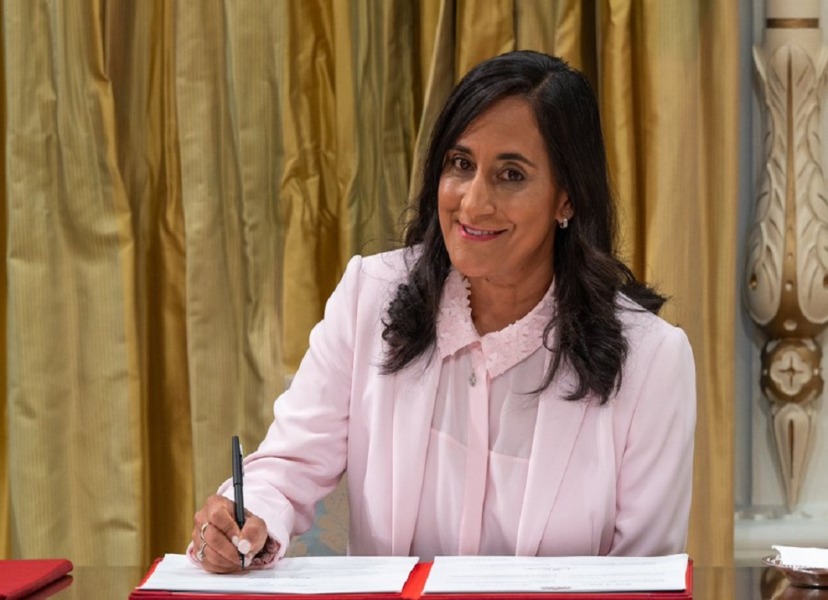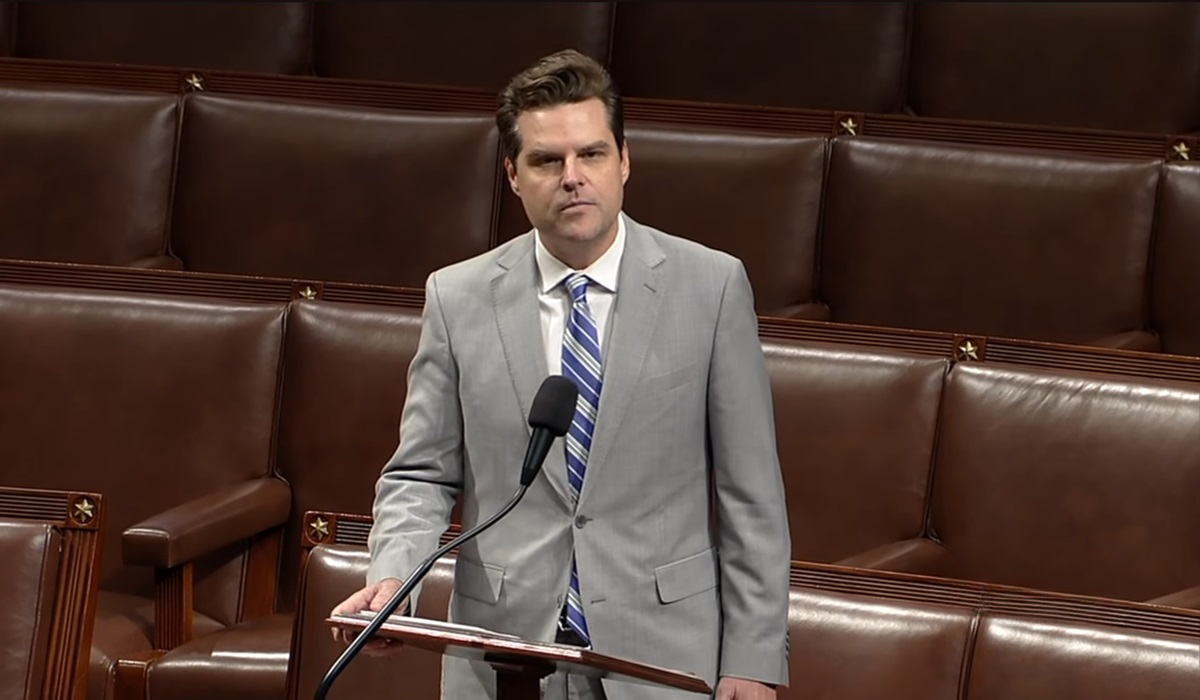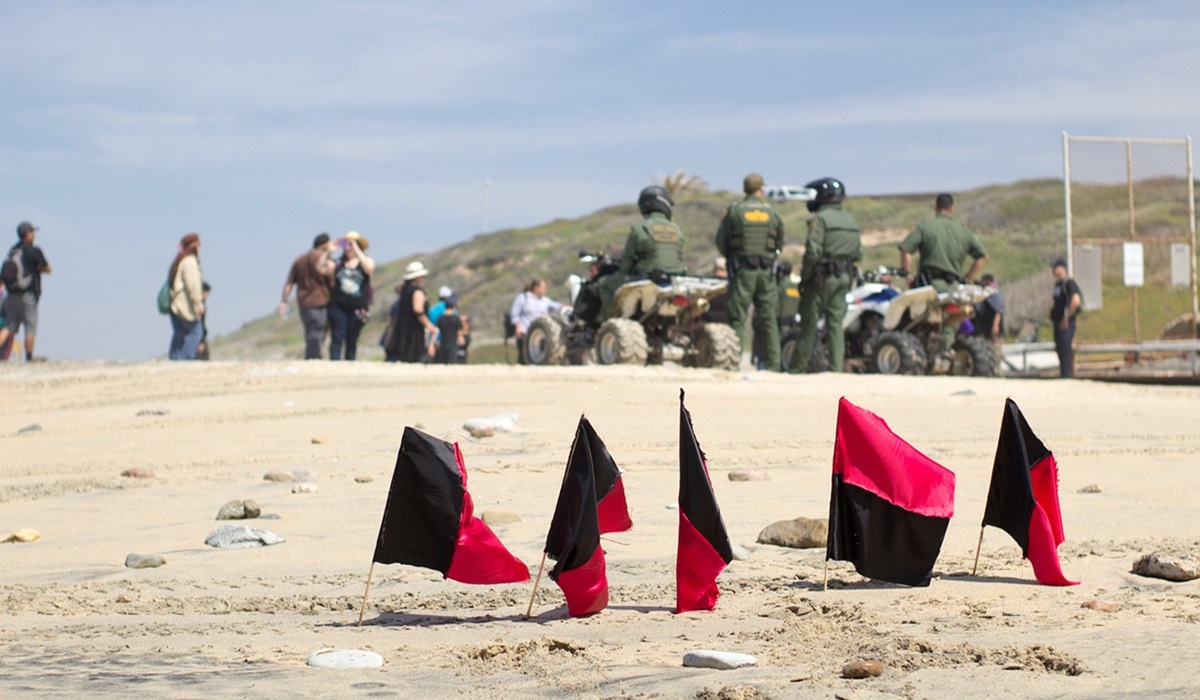Connecting The Dots: The Strategic Ministerial Appointment of Anand As Treasury Board President
- Contributor
- Breaking News
- Canada
- July 29, 2023

Enhancing efficiency and culture change. Analyzing the recent federal government Cabinet shuffle
By: Maleha Khan
The recent Federal Government cabinet shuffle has significantly changed the personnel of Canada’s Department of National Defence (DND) and Treasury Board. Notably, Anita Anand has been appointed as the new Treasury Board President as she is strategically shuffled out as Defence Minister, earning widespread praise for her expertise in procurement and for understanding the needs and wants of the Canadian Armed Forces.
With a deep understanding of the tendering process, Anand is expected to address the issues of slow and cautious delivery of goods and services to the military, ensuring the Canadian Armed Forces (CAF) have access to cutting-edge technology without delays. Additionally, the shuffle sees Bill Blair taking charge of the DND, raising expectations for a much-needed cultural shift within the military ranks.
Anand’s first-hand knowledge of the intricacies of acquiring new equipment should be a significant asset in streamlining Canada’s slow and arduous procurement process. With her appointment as Treasury Board President, the logical thinking is she will revamp a system widely known for delays and ensure that the Canadian Armed Forces (CAF) have access to the latest technology, addressing the issue of receiving outdated equipment.
The DND is one of the largest portfolios in terms of taxpayer money, making it essential to find ways to improve budget handling. Instead of cutting soldier allowances or below-inflation pay raises, the focus should be identifying areas for increased efficiency. This could include digitization to reduce paper and printing costs, reevaluating expenditures on furniture and unnecessary items, and addressing end-of-year fiscal spending practices. By optimizing the current budget, the DND can foster a good faith gesture and ensure a balance between their requirements and Treasury Board’s cautious approach.
Anita Anand’s experience can also play a crucial role in fostering cooperation between civilian authorities and the military at the ministerial level. This collaboration is essential for effective decision-making and resource allocation. Enhancing communication and mutual understanding can lead to more informed decisions and better support for the Canadian Armed Forces.
Canada’s military has been grappling with culture change for years and decades of sexual assault by all ranks. The appointment of Bill Blair, who is not afraid of being disliked, could be beneficial in driving necessary discipline changes within the forces. Blair will continue where Anand left off, and Canadians will likely see a sharp increase in cases of sexual assault being referred to civilian Police for prosecution. This was one of Anand’s significant changes to the military as Minister of Defence by relieving the military from prosecuting crimes of sexual harassment.
Being a lawyer by education, this was a natural move to make for Anand. It also translates well for Blair, the new Minister of Defence; being a former Chief of Police, he understands the charging process and will not hesitate to make referrals to civilian courts of members of the armed forces suspected of breaching their trust and oath to serve.
Blair’s experience and language analysis from previous public hearings demonstrates a willingness to recognize and address polarization and inaction. Changing the culture of an institution requires strong leadership, and Blair’s approach might be instrumental in making progress.
Canada is facing unprecedented natural disasters, and the military’s role in providing aid to civil power has become critical. With limited resources and an increasing demand for assistance at home, the military’s focus might shift toward domestic needs over international security. The challenge lies in ensuring that the armed forces are well-equipped and have enough personnel to handle both national emergencies and global obligations.
The Federal Government cabinet shuffle presents a promising opportunity for positive change. Anita Anand’s expertise in military procurement and Bill Blair’s leadership style might lead to increased efficiency and cultural improvements within the Canadian Armed Forces. Moreover, addressing domestic crises like natural disasters will require a well-resourced and trusted military. As these changes unfold, transparency, accountability, and patience will play vital roles in strengthening the bond between the military and Canadian citizens. Ultimately, this could lead to a more agile, responsive, and effective defence system that serves the nation’s interests and people in the coming years.








